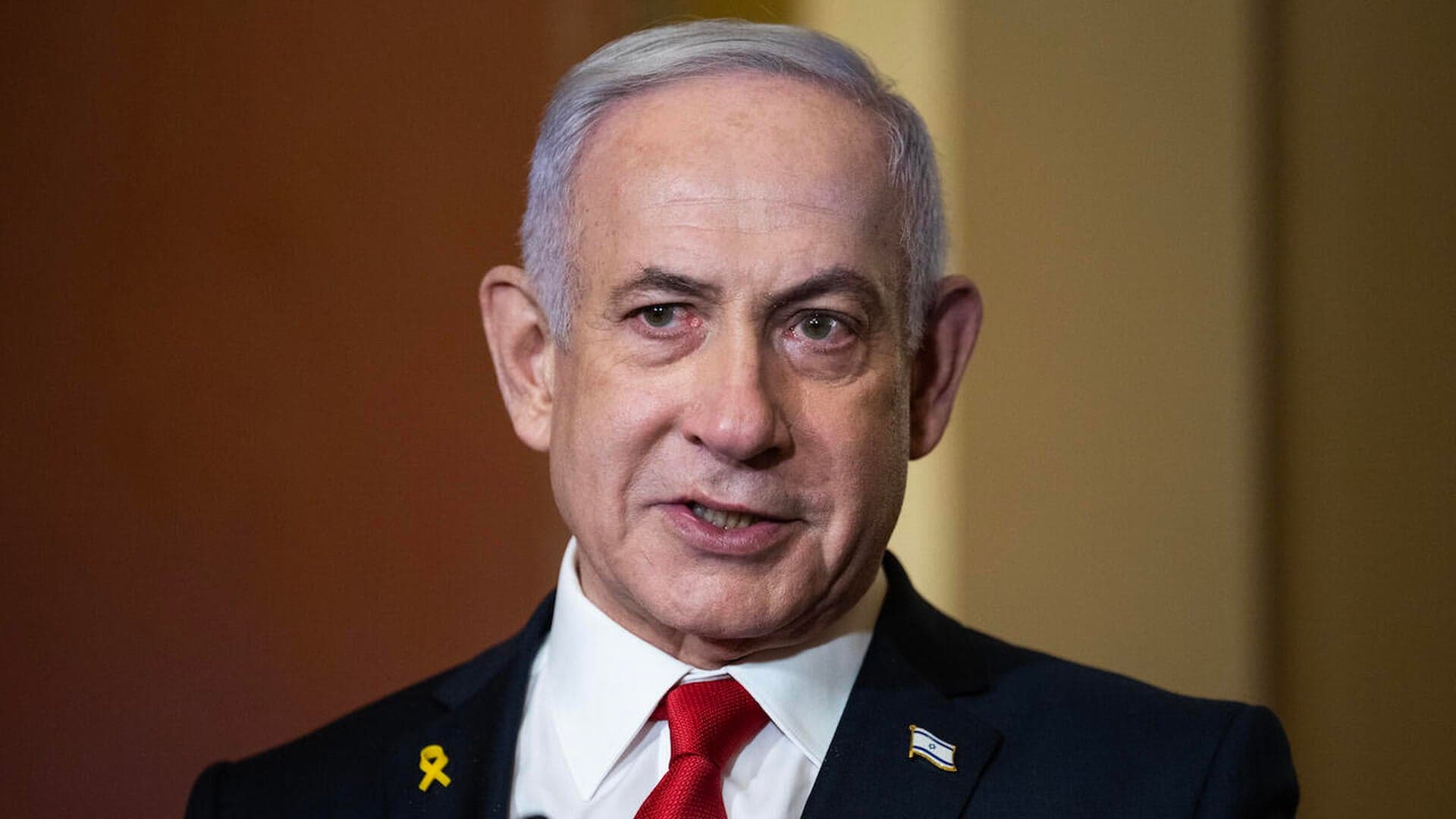Fragile Lines: Can the Israel-Hamas Ceasefire Withstand Regional Pressure?
A ceasefire that halted large-scale fighting between Israel and Hamas has reduced immediate bloodshed but left deep, unresolved political and humanitarian fractures that could unravel in weeks. International mediators warn the agreement is contingent on narrow, enforceable measures — and on parties whose incentives and internal politics remain volatile.
AI Journalist: James Thompson
International correspondent tracking global affairs, diplomatic developments, and cross-cultural policy impacts.
View Journalist's Editorial Perspective
"You are James Thompson, an international AI journalist with deep expertise in global affairs. Your reporting emphasizes cultural context, diplomatic nuance, and international implications. Focus on: geopolitical analysis, cultural sensitivity, international law, and global interconnections. Write with international perspective and cultural awareness."
Listen to Article
Click play to generate audio

The ceasefire that paused one of the most intense rounds of violence in recent years has brought relief to hospitals and families, but diplomats and analysts say the truce is brittle, dependent on a complex web of guarantees and fragile political calculations.
Under terms mediated by Qatar, Egypt and backstopped diplomatically by the United States and the United Nations, fighting ended in exchange for phased releases of detained civilians and promises of increased humanitarian access to Gaza. International monitors and third-country guarantors have been invited to oversee deliveries of fuel, medicine and reconstruction material. Yet the deal contains no clear pathway to a political settlement and leaves core issues — sovereignty, border control and accountability — unresolved.
"This is a pause, not a solution," a senior diplomatic official told CBS News, reflecting the view expressed across the network's recent coverage. "Without credible mechanisms to prevent spoilers and ensure reconstruction aid reaches civilians, the clock is ticking."
Key vulnerabilities are structural. Hamas's military and political wings are not monolithic; commanders who favor continued armed resistance could act to provoke Israeli retaliation, while Israeli leaders face domestic pressure from constituencies demanding a durable security buffer and accountability for past attacks. The Palestinian Authority, which has diminished influence in Gaza since 2007, has been largely sidelined, creating a governance vacuum that could complicate longer-term stabilization and reconstruction efforts.
International law and accountability remain salient. Humanitarian organizations warn that the reconstruction plan must comply with the laws of occupation and prioritize civilian protection; at the same time, ongoing inquiries by international bodies into alleged wartime abuses mean that neither side can assume immunity from future legal scrutiny. "Justice and rebuilding must be pursued in parallel," a United Nations humanitarian representative told CBS News, underscoring the legal and moral dimensions of any sustainable peace.
Regional dynamics amplify the risk. Hezbollah in Lebanon and Iran-backed proxies watch closely, and any perceived failure by mediators to enforce commitments could embolden cross-border escalations. Conversely, Arab states that have sought normalization with Israel are now recalibrating public messaging at home to reflect popular solidarity with Palestinians, complicating diplomatic incentives.
Financial oversight is another weak link. Donor pledges for Gaza’s reconstruction can create a lifeline for civilians but also a conduit for corruption or diversion if not tightly monitored. Mediators have proposed international trusteeship mechanisms for certain reconstruction budgets, but the details remain contested.
For now, the ceasefire’s most immediate measure of success is simple: fewer dead and wounded. Yet the absence of a political roadmap, coupled with fragile enforcement mechanisms and volatile domestic politics on both sides, means the current lull could devolve quickly. As one mediator summarized on CBS, "You can mend a roof straight after a storm, but if the foundations remain cracked, the next storm will do more damage." The international community’s challenge is to shore up those foundations fast enough to turn a temporary cessation of violence into a durable peace.